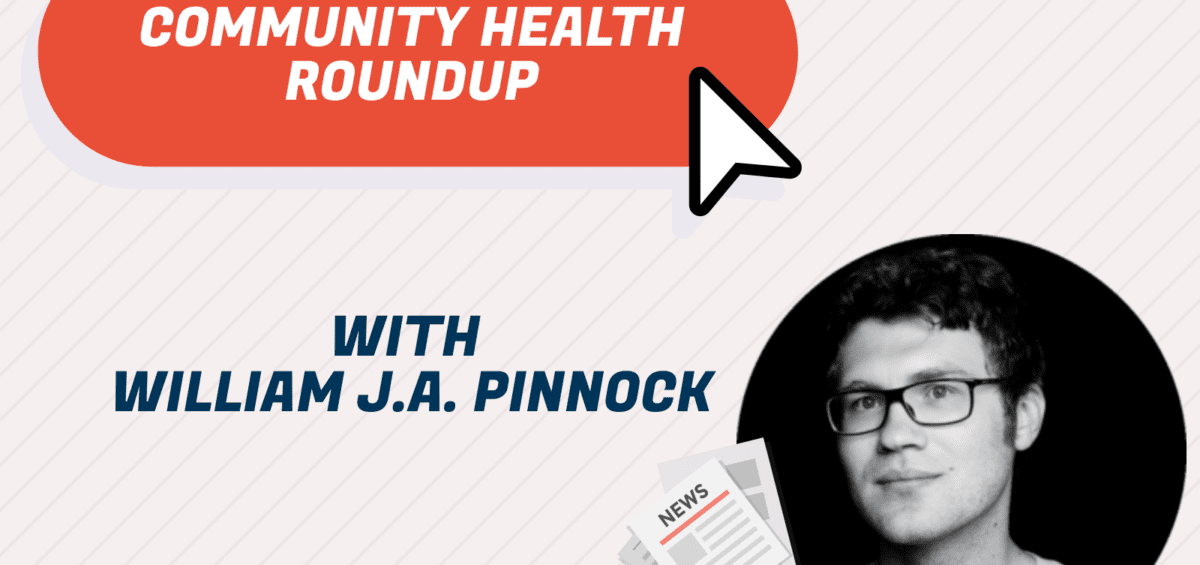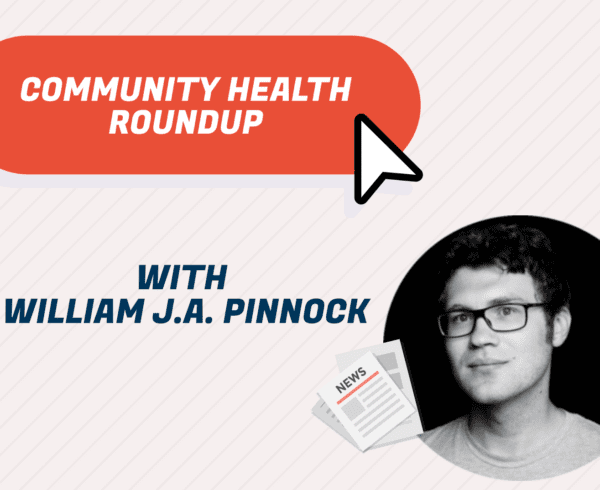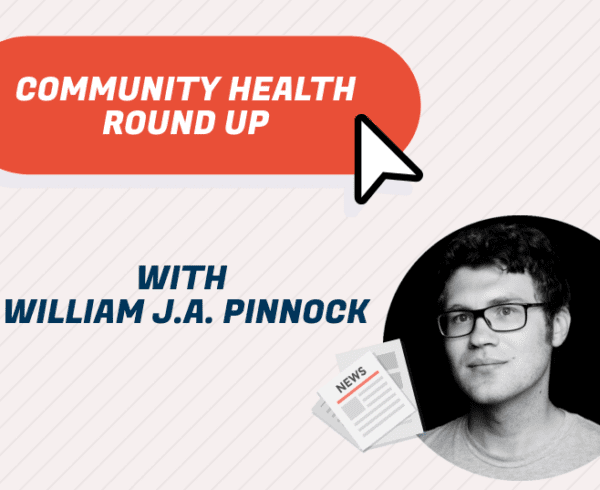Hello and welcome again to Community Health Roundup! Your source for current health news and the correct spelling of “roundup” (it’s one word not two, only took me a year to realize that). Today, the articles I found are going to make you say “Wowie zowie!”. We’ve got articles about PCORI research, digital pills (you read that right) and other drug delivery systems, barriers in the fight against opioid addiction, HIV infection rates in the US, and a fantastic resource for First Nations members. Wowie zowie indeed!
What happens during treatment for someone who has lung cancer? The answer is they go see many different specialists who maybe don’t talk to each other. This complication can result in treatments that might clash, differing opinions on care, or in the case of Mark Ill, he had surgery not knowing his surgeon didn’t consult his oncologist and his oncologist became frustrated and dismissed him as a patient. But, PCORI and Dr. Osarogiagbon are looking to change how we approach lunch cancer care by focusing on a coordinated, multidisciplinary care model emphasizing communication between all parties involved.. Read about this PCORI funded study here.
I will be honest: I’ve forgotten to take a pill or medication from time to time (antibiotics, Chantix, fish oil pills vitamins, etc.). It’s easy to do when every day you do the same thing over and over again. This common problem has caused researchers to look at ways in which to deliver medications more effectively and to help people remember to take them. The future, I’ll be honest, is kind of weird and cool. We are looking at digital pills that link to a patch that link to a smartphone app that remind people to take pills, a pill that starts out small but expands when it comes in contact with water (like one of those Dinosaur Sponges – not actual size of dinosaur or pill). and there is even a six armed pill device that stays in your stomach and slowly releases medications, then dissolves. Read more about the future of medication here.
Here is another wrinkle in the ongoing opioid epidemic: 900,000 physicians in the US are licensed to prescribe addictive painkillers and only 43,500 are licensed to prescribe buprenorphine. This startling statistic shows a very obvious lack of physicians who are trained to deliver buprenorphine. And to add another wrinkle on top of that one, the regulations and certifications around buprenorphine can be confusing and overwhelming for physicians. One approach to help solve these issues is being put forth by the Research Institute on Addictions and involves going into communities and having a champion who can mentor other physicians in the delivery of buprenorphine. Read more about the physician shortage and one approach to alleviate it here.
About 15% of Americans with HIV don’t know they’re infected, the CDC says. Be safe and remember to get tested.
Finally, this last link is a wonderful example of how social determinants of health are being addressed in Native American communities. The National Association of Food Distribution Programs on Indian Reservations and First Nations have partnered to “increase access to culturally-based nutrition education programs.” The program has created a Nutrition Education Toolkit featuring educational videos, cookbooks (that can be tailored to individual communities) and nutrition guides. Read more about the program here.
About the Author
William Jacob Amadeus Pinnock is a Research Coordinator at OCHIN where he assists with the creation, execution, and dissemination of research projects. He graduated with an MS in Communication from Portland State University where he focused on health communication, rural mass media, and qualitative research methods. He has experience working in commercial health insurance, healthcare research, and radio broadcasting. In his spare time, he is an Adjunct Instructor at Portland State University helping students master the art of public speaking.






